
NC’s Mahasamiti Meeting Fails to Determine Electoral Alliances, Central Committee to Determine
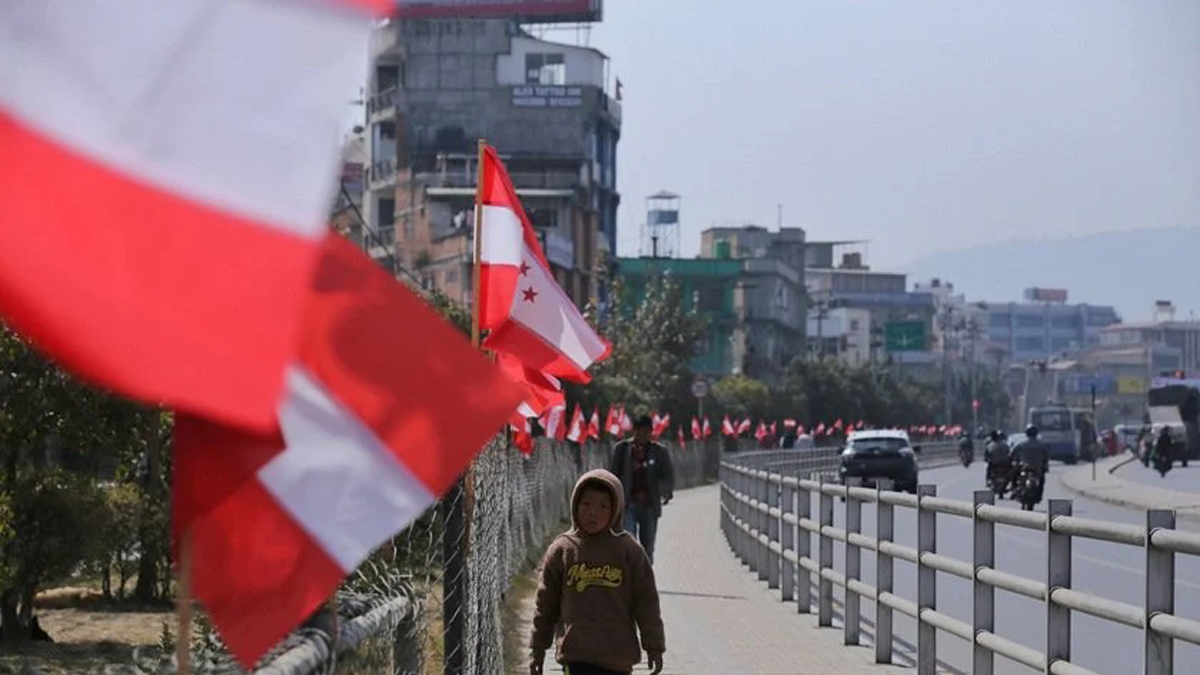
The four-day Mahasamiti meeting of the Nepali Congress concluded without a clear consensus on whether the party should form an electoral alliance with other political parties, leaving leaders and cadres in anticipation. The party’s leaders emphasized that the final authority to decide on the matter rests with the Central Working Committee.
The agenda of potential electoral alliances dominated the meeting, with delegates sharply divided in their opinions. Gagan Kumar Thapa, a general secretary, presented a proposal advocating against forging alliances with other parties in the upcoming elections. Thapa’s proposal garnered significant attention and sparked debates not only within the Congress but also across the political spectrum.
Thapa argued against electoral alliances, citing past experiences that purportedly caused losses to the party’s organizational strength and disenfranchised committed cadres. He proposed that the party contest elections independently, forming coalitions only if necessary to secure a majority for government formation.
While Thapa’s proposal gained traction, it faced opposition from within the party, notably from President Sher Bahadur Deuba. The Central Working Committee, deemed as the ultimate decision-making body, will determine the party’s stance on electoral alliances.
Amidst the differing opinions, the party emphasized its commitment to maintaining the present coalition, formed under special circumstances. However, opinions within the party remain divided, with factions interpreting the decisions to align with their interests.
The party assured that the Central Working Committee would incorporate feedback from Mahasamiti members to modify the proposals presented by party leaders. The issue of electoral alliances is viewed as strategic rather than merely a policy decision.
The meeting’s proceedings revealed visible factional wrangling within the Nepali Congress, with the establishment faction working to counter Thapa’s proposal. The decision on electoral alliances carries significant implications for the party’s future dynamics and its relationship with coalition partners, particularly Prime Minister Pushpa Kamal Dahal.
With the Mahasamiti meeting failing to provide a definitive direction, the spotlight now shifts to the Central Working Committee, where party president Deuba holds a considerable majority. The fate of electoral alliances and the party’s strategic course will be determined in the coming deliberations, reflecting the diverse perspectives within the Nepali Congress.
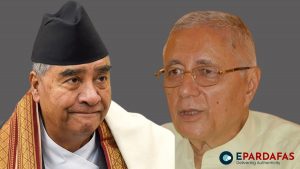
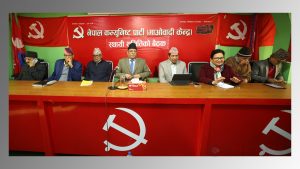
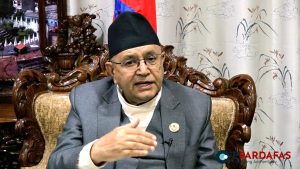
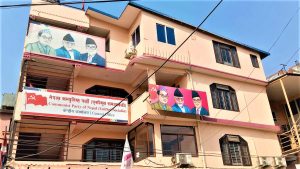
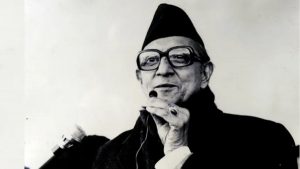
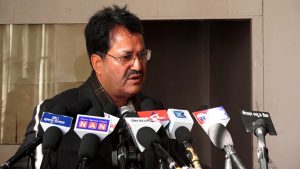





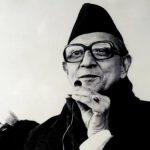
Comments